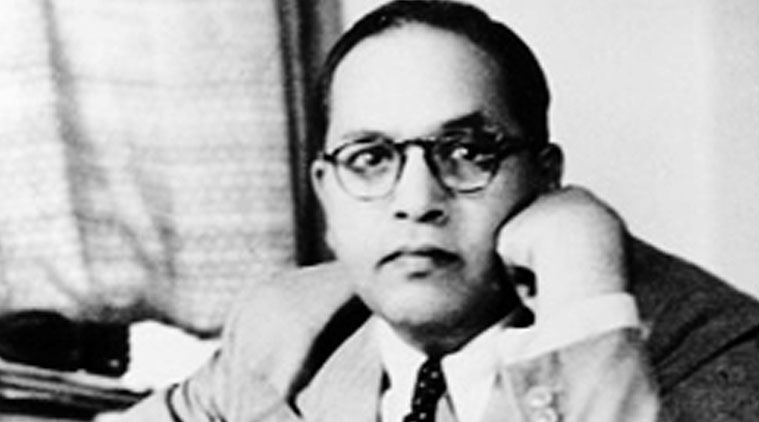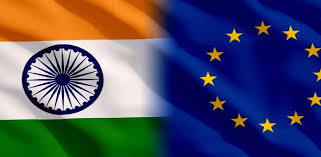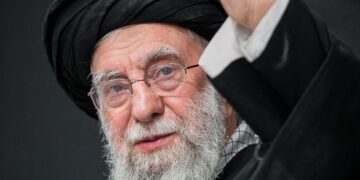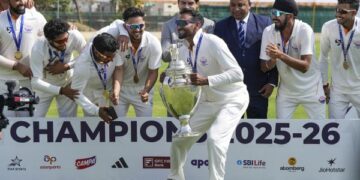BY: SHAHID SHAFI SHAH
Baba Saheb was the follower of Buddhism ergo the day is celebrated as Mahaparinirvan Diwas (Parinirvan is a principle of Buddhism means someone who has attained nirvana or freedom in his lifetime and after death) across the India on 6th of December every year to mark the death anniversary of Dr Bhim Rao Ambedkar and to remember his spacious contribution towards society. Dr Br Ambedkar was born on 6th of December 1891 in Mhow (currently known as Dr Ambedkar Nagar), Madhya Pradesh. Dr Ambedkar is popularly known as Baba Sahib and is considered as the Father of Constitution as he headed the drafting committee of Indian constitution. Baba Sahib was an economist, jurist, social reformer, politician and renowned author. He was honoured with highest civilian award, Bharat Ratna posthumously in 1990.
Baba sahib was born in Mahar (so called dalit) community at that time those who were born in Mahar were treated as untouchables. When Ambedkar joined primary school he and other untouchables were segregated and were not allowed to sit in class but had to sit on gunny sack. At school they were forbidden to touch the water tap whenever they need water another person from higher cast poured water from height so that they would not be able to touch the vessel usually the water was pouring peon of school if the peon wasn’t at school then they had to left without water which he later deciphered in his woek as “No Peon No Water”.
Ambedkar was the only person from dalit caste who got admission in Elphinstone High School where he completed his secondary examination (1907) and completed his degree (1912) in economics and political science the college was affiliated to university of Bombay. In 1913, he got a scholarship from Baroda State of 11.50 (sterling) per month for three years under the scheme of Gaekwad of Baroda, which was formulated to provide opportunities for postgraduates to study at Columbia University, New York. Thereafter, he completed post-graduation in economics (Columbia University), PhD in economics (Columbia University, New York), M.Sc (London school of economics), D.sc (London school of economics), and Barrister at law (Gray’s inn London).
Baba sahib emphasized on Article 32 of Indian Constitution, gender and caste equality, impartiality among untouchables, toiled and endeavoured for the upliftment of untouchable community and later became the icon for untouchables. On Article 32(Right to constitutional remedies) he said “If I was asked to name any particular article in the constitution as most important, an Article without which the constitution would be a nullity, I could not refer to any other Article except this one. It is the very soul of the constitution and the very heart of it”
Ambedkar had an ideological difference with Gandhi and Congress which he outlined in his book “What Congress and Gandhi Have Done to the Untouchables” as “There was nothing noble in the fast. It was a foul and filthy act. The Fast was not for the benefit of the Untouchables. It was against them and was the worst form of coercion against a helpless people to give up the constitutional safeguards [which had been awarded to them].”
Dr BR Ambedkar castigated all the major religions like Hinduism, Islam and Christianity. On Hinduism he said “I was born a Hindu but would not die a Hindu as he considered Hinduism as an “oppressive religion”. On Islam he wrote “a close corporation and the distinction that it makes between Muslims and non-Muslims is a very real, very positive and very alienating distinction”. On Christianity he wrote “It is an incontrovertible fact that Christianity was not enough to end the slavery of the Negroes in the United States. A civil war was necessary to give the Negro the freedom which was denied to him by the Christians”.
The contribution of BR Ambedkar towards this nation is unforgettable and we as a nation will be indebted to him particularly those who belong to minorities because all the reservations which they are offered with are because of Baba sahib. Article 17(Abolition of untouchability), 23(Prohibition of traffic in human beings and forced labor) and 24 (Prohibition of employment of children in factories) are considered as great benefactions of Baba sahib. Some of his important works are The Annihilation of Caste, The Untouchables, Buddha Or Karl Marx, The Buddha and His Dhamma and many more. His memorial Chaitya Bhoomi is at Dadar, Mumbai on his birth and death anniversary innumerable people pay homage. His dogma and ideology was “educate, agitate, organise”.
Shahid Shafi Shah is a Bsc student at GDC Sogam and can be reached at shahshahid528@yahoo.com





